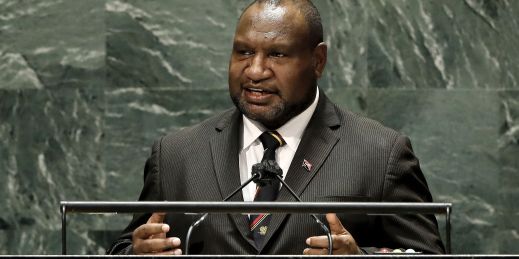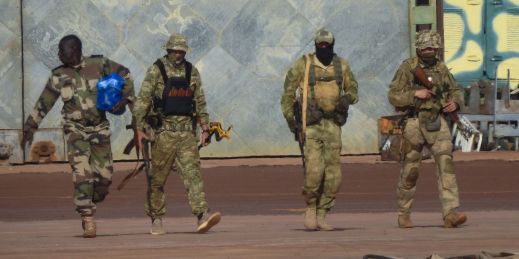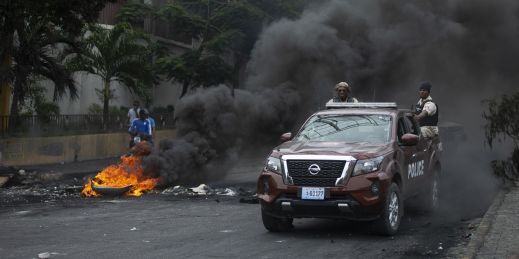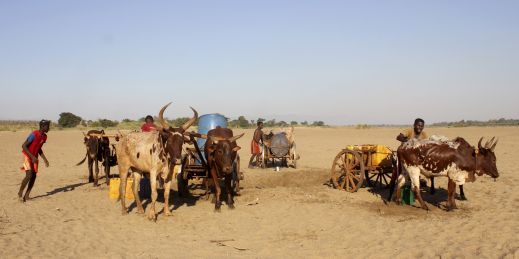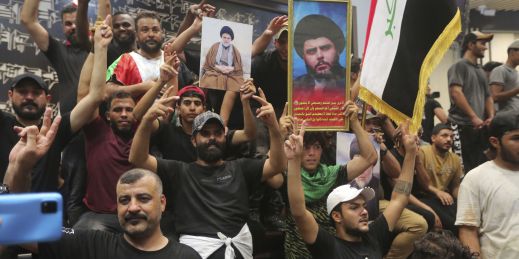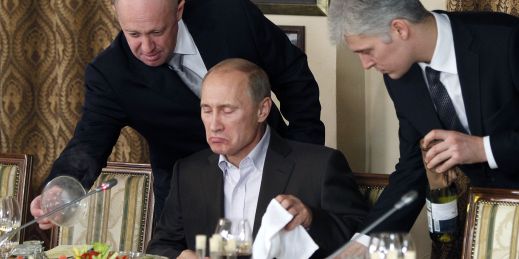
Historical comparisons with contemporary events are always risky, particularly with regard to warfare. But two historical patterns in the use of mercenaries in Europe can provide insights into the role that private military contractors like the Wagner Group play within the Russian political system, and how that might evolve over time.

